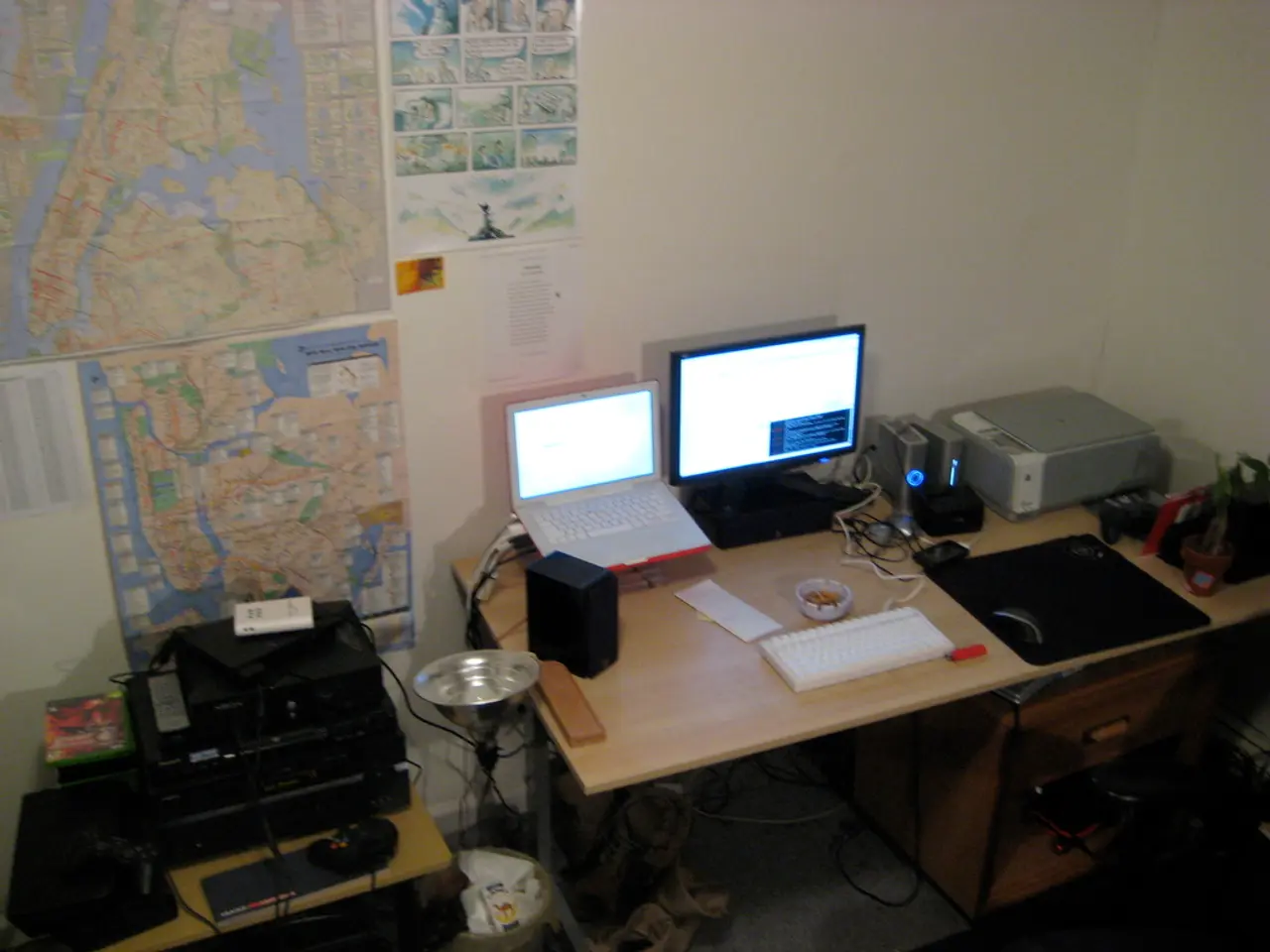Germany's Data Centers Face Electricity Crisis as Demand Soars
Germany's data centers face a significant challenge. While their IT connection capacity is set to increase by 50 percent by 2030, demand for computing power, driven by digitization and AI, will outstrip this growth by a factor of three to five. Industry leaders warn that without affordable, base-load electricity, this growth could be threatened, impacting Germany's digital sovereignty and international competitiveness.
Currently, no official guarantee for accessible, base-load-capable electricity exists, despite the industry's urgent demands. High electricity prices in Germany, at around 23 cents per kilowatt hour, are 25 percent above the EU average, further exacerbating the issue. The eco association, representing the digital industry, warns that without decisive political action, the growth boom could be lost.
The digitization of all areas of life and work, along with the increasing use of AI technologies, is driving this growth. The industry's revenue is projected to increase from 245 billion euros in 2025 to 389 billion euros in 2030. However, a massive shortage of digital infrastructure, particularly data centers, is hindering progress. Slow fiber optic expansion, hesitant digitization in the SME sector, and a lack of platform competence are blamed for these infrastructure gaps. Despite these challenges, the German internet economy is expected to grow by an average of 9.7 percent annually over the next five years.
The eco association demands that the German government ensure access to affordable, base-load electricity to secure digital sovereignty and maintain international competitiveness. Without additional capacity and affordable electricity, computing loads may shift abroad, threatening Germany's digital future. The industry's growth, and the country's economic prospects, hang in the balance.
Read also:
- Orioles' 2025 Turnaround Powered by Late-Season Pitching Acquisitions
- The Cost of Speech is Zero, True Strength Lies in Unity
- Aiming to simplify the move towards cleaner automobiles, the newly established ministry plans to take direct action with Pannier-Runacher, Létard, and Vautrin at the helm.
- Fürth District's 2025 City Cycling Event Sets New Records







